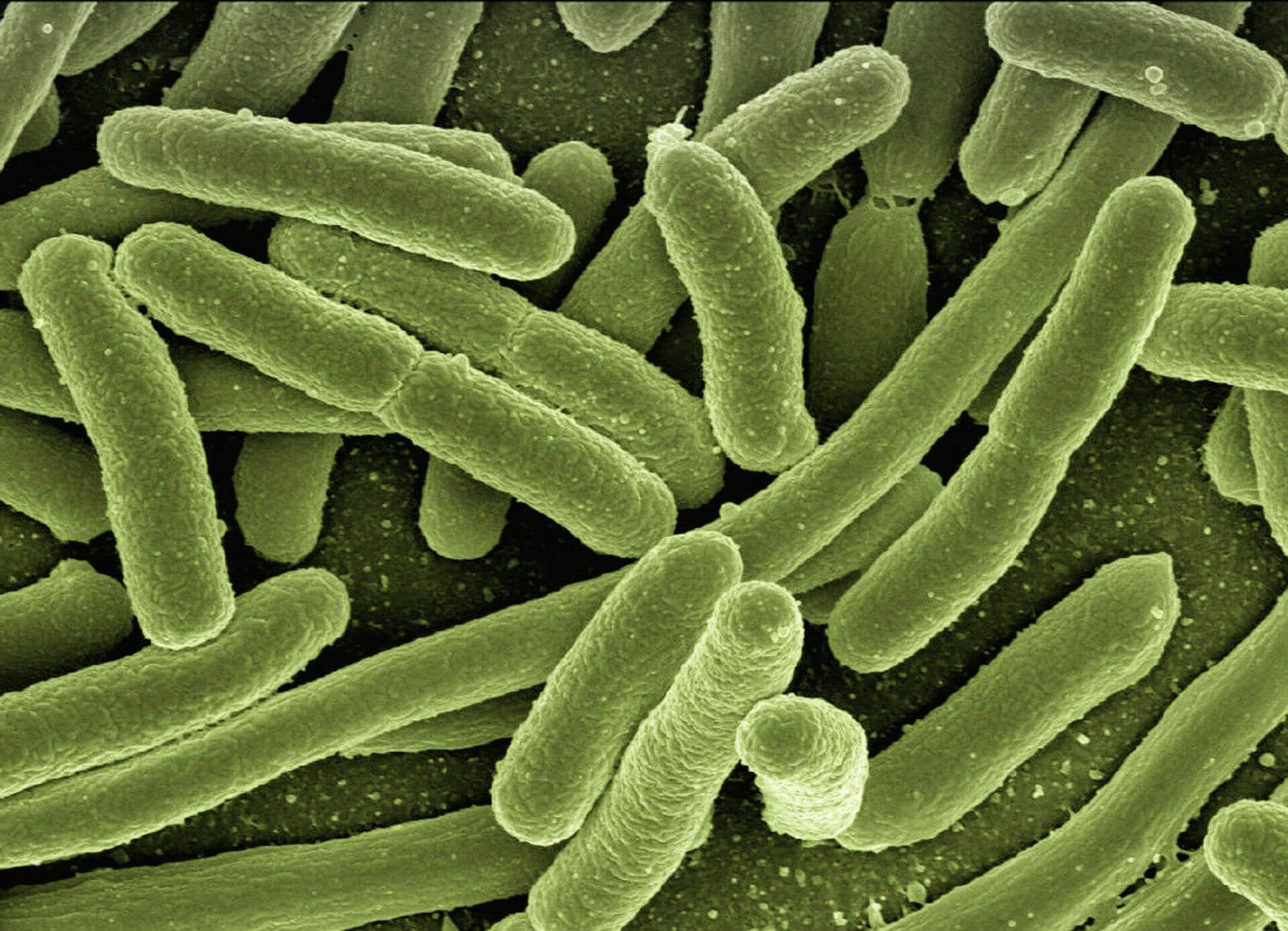
IPTG (Isopropyl-β-d-thiogalactopyranosid) – Use in Molecular Biology
The synthetic carbohydrate isopropyl-β-D-thiogalactopyranoside (IPTG) is the isopropylthioglycoside of D-galactose. This reagent is particularly widespread in recombinant protein expression. This substance is often used in molecular biology.
IPTG – important for the lactose metabolism of Escherichia coli
This lac operon plays an important role in the lactose metabolism of various enteric bacteria, such as Escherichia coli. The main regulatory elements, namely LacI (Iac repressor) and LacO (lac operator), are important in biotechnology: They are used to control the recombinant expression of proteins in Escherichia coli and other bacteria.
This is done as follows: The DNA sequence of a heterogeneous protein is cloned into a plasmid with a high copy number, which also contains the lac promoter. Bacterial cells are transformed using this recombinant plasmid. Special selection processes make it possible that only the cells that carry the recombinant plasmid are used for further steps. Adding IPTG to the fermentation medium ensures heterogeneous expression of the gene – under the control of the LacI / LacO system.
The concentration of IPTG in bacterial cells remains constant
IPTG is a structural analog of allolactose and enables binding to the lac repressor, which triggers an allosteric change in conformation of the repressor, which then dissociates from the lac operator. This in turn allows the RNA polymerase to bind to the promoter of the lac operon and initiate gene expression.
As a thioglycoside, IPTG is stable to hydrolysis by β-galactosidases. In contrast to lactose, the concentration of IPTG in bacterial cells remains relatively constant. Continuous expression of the heterologous protein is thus possible.
We look forward to your inquiry.





 4c media
4c media